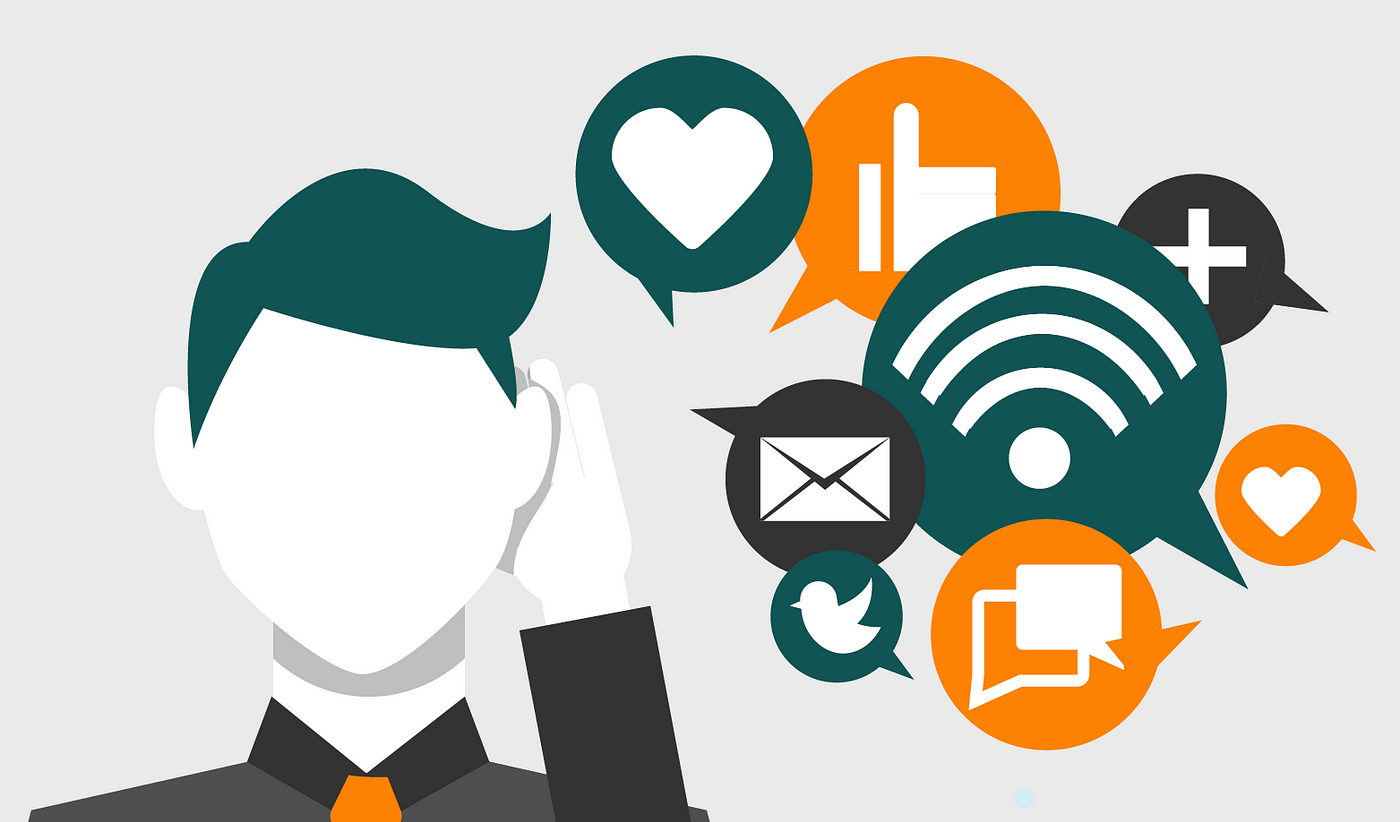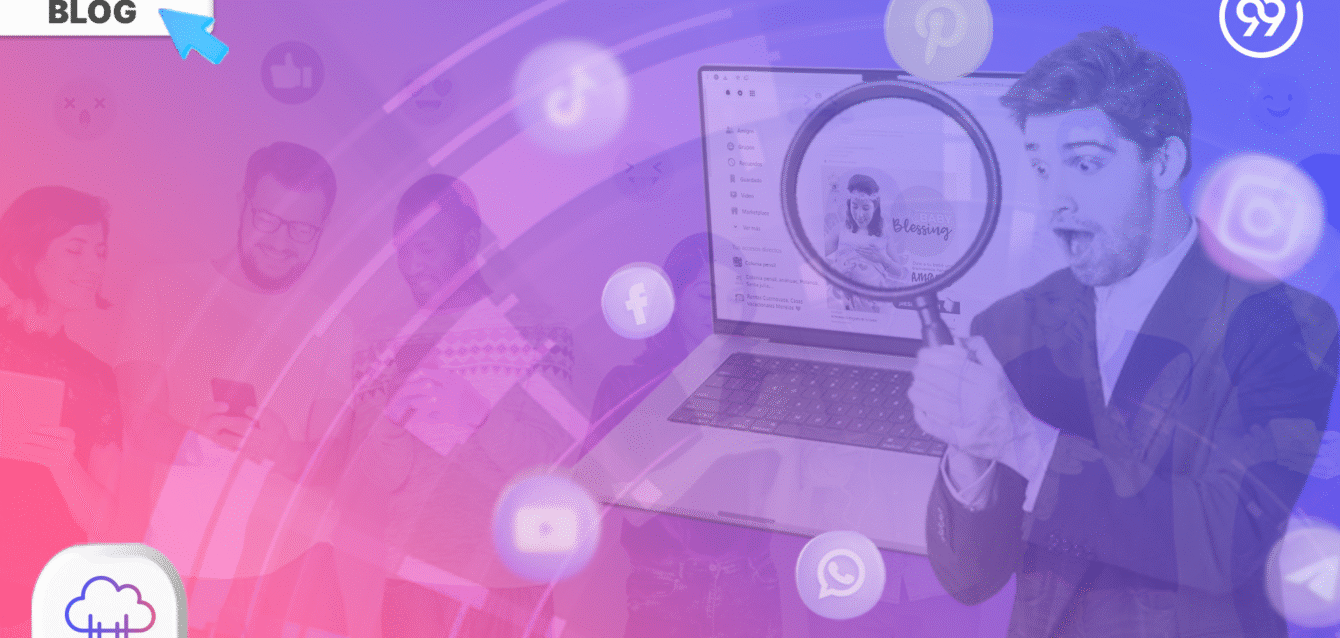Have you ever wondered how big brands always seem to be one step ahead?

The answer is simple, they employ two crucial techniques that, although similar, are fundamental and different for any marketing strategy: Media Monitoring and Social Listening.
In this blog post you will discover how each can transform your business.
Deciphering Social Listening and Media Monitoring
Social Listening and Media Monitoring are two essential techniques in the field of digital marketing that allow companies to monitor and analyze public perception and conversations about their brands in various media.
Imagine being able to track every mention of your brand, products or even competitors, not only in social networks, but also in traditional media such as television, radio and newspapers; with Media Monitoring this is possible.
Thanks to this technique, you can monitor in real time what is being said about you or topics related to your industry, helping you to proactively manage your reputation.
It's like having a superpower that alerts you every time your brand is mentioned, for better or worse.
But then, what is Social Listening?
Social Listening delves into conversations and trends within social platforms. It doesn't just collect data, but analyzes it for insights that can significantly influence business decisions.
People talking about environmental issues? It may be time to launch an eco-friendly product. Users frustrated with a service? This is your chance to improve and offer a solution tailored to their needs.
Key differences.
Both Media Monitoring and Social Listening are essential to an effective marketing strategy, but they are applied in different ways.
Here's how each makes a unique contribution:
Media Monitoring:
- Data collection: Allows you to track specific mentions of your brand, products or competitors.
- Rapid response: Facilitates your reputation management and effective response to potential crises by keeping you informed in real time.
Social Listening:
- Deep analytics: Goes beyond data collection to analyze patterns and sentiment in social conversations.
- Strategic planning: Helps to anticipate consumer needs and expectations, allowing to connect with the audience at a deeper and more strategic level.
Why should you implement them?
- Media Monitoring will be your ally in the prevention of crises, since it will allow you to detect them quickly, enabling you to take immediate action.
- Social Listening will reveal the needs that are not being met by current products in the marketplace, helping you develop messages that resonate with your consumers.
- Together, both techniques will allow you to keep an eye on the competition, learning from their successes and failures.
Implementing these techniques may seem challenging, but the benefits are clear. Not only will you be more connected to what is being said about your brand, but you will also be able to anticipate and adapt to the needs of your market long before the competition.
Don't wait any longer! Contact us and learn about the options we have for you.

